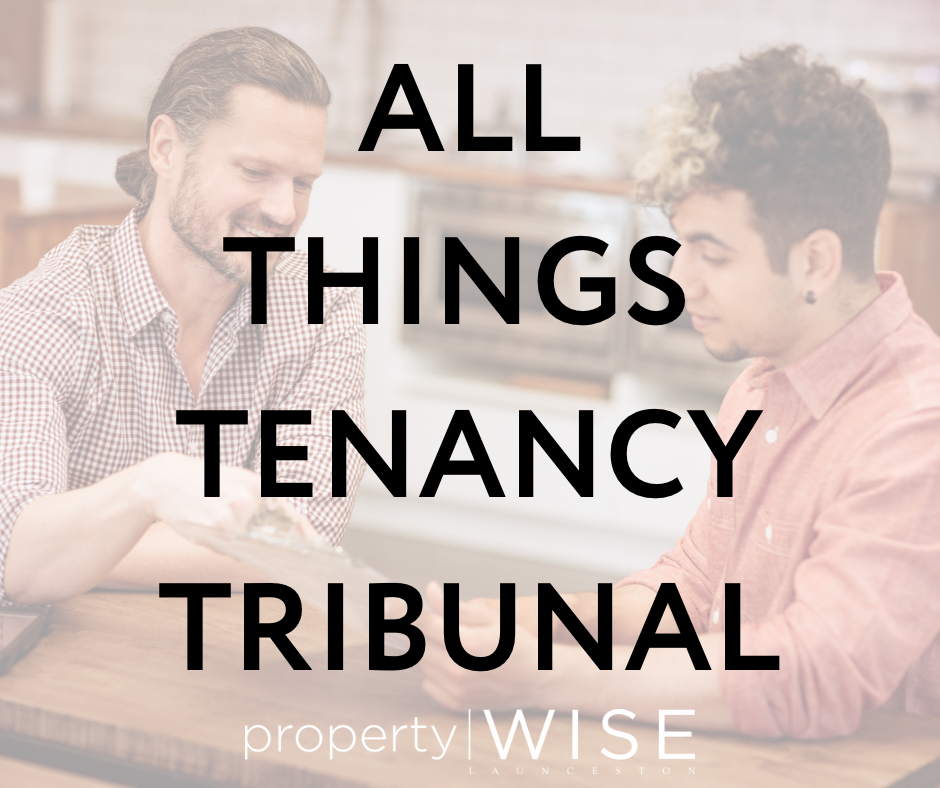
What is a tenancy tribunal? And how does it protect your investment property?
A tenancy tribunal is an independent body that deals with certain disputes between landlords and tenants. In each state, it is generally called a civil and administrative tribunal. The tribunal is designed to make legal decisions and help resolve disputes by hearing cases. In Tasmania, we don’t have a designated tribunal of sorts. We rely on the Residential Tenancy Commissioner to award the bond and anything above and beyond this then heads to the magistrates court for application of hearing or debt collection agency if purely dollar related. Keep reading for an overview of tenancy tribunals and how these can help to protect your investment property.
Tenancy tribunals help landlords and tenants
Whether you’re dealing with a tenant who has severely damaged your property, or they’ve stopped paying rent, a tenancy tribunal will hear the matter and make legally-binding decisions and orders. Similarly, if important repairs and maintenance aren’t completed in a timely manner, particularly those that relate to the security and liveability of the property, a tenant may apply to have the matter heard before a tribunal. In these cases, the tribunal member hearing the case may order the landlord to fix the issue in a specific timeframe. Again for us, this is the magistrates court in Tasmania.
Preparing for a tribunal hearing
Once a matter is referred to the tenancy tribunal either on your behalf by your property manager or by your tenant and their representative, the tribunal will set a date for the hearing and inform you in writing when it will be held. You will need to gather evidence to bring to the hearing to support your argument. This may include a copy of the residential tenancy agreement, a written statement summarising your case, statutory declarations from those who have witnessed any of the events or actions related to the case, invoices or quotes for items such as cleaning and repairs, copies of all written communication between your property manager and the tenant, copies of breach notices issued, and any relevant photos. We also recommend taking a copy of the Residential Tenancy Act incase put on the spot in the Magistrates court.
What happens at the tribunal hearing?
At the hearing, the tribunal member hearing the case will try to help both sides come to an agreement (conciliation) on resolving the matter. If an agreement can’t be reached, the tribunal will hear your case. When the case progresses to a hearing, it is more formal and the applicant who referred the case to the tribunal will need to present their case. The other side will then have the opportunity to answer the claims made. Once the case is heard, a decision will be made and a notice of orders explaining what will happen is issued. This is where timelines for actions such as repairs or maintenance or payment of money owing will be outlined. The magistrate will make a decision based on their understanding and comprehension of the Residential Tenancy Act.
If concerning activities or issues occur at your property, your property manager will be able to inform you of the appropriate steps and when it should be referred to a tenancy tribunal for a hearing. In some cases, some communication between the property manager and tenant may resolve an issue.
Remember, this article does not constitute financial or legal advice. Please consult your professional financial and legal advisors before making any decisions for yourself.



